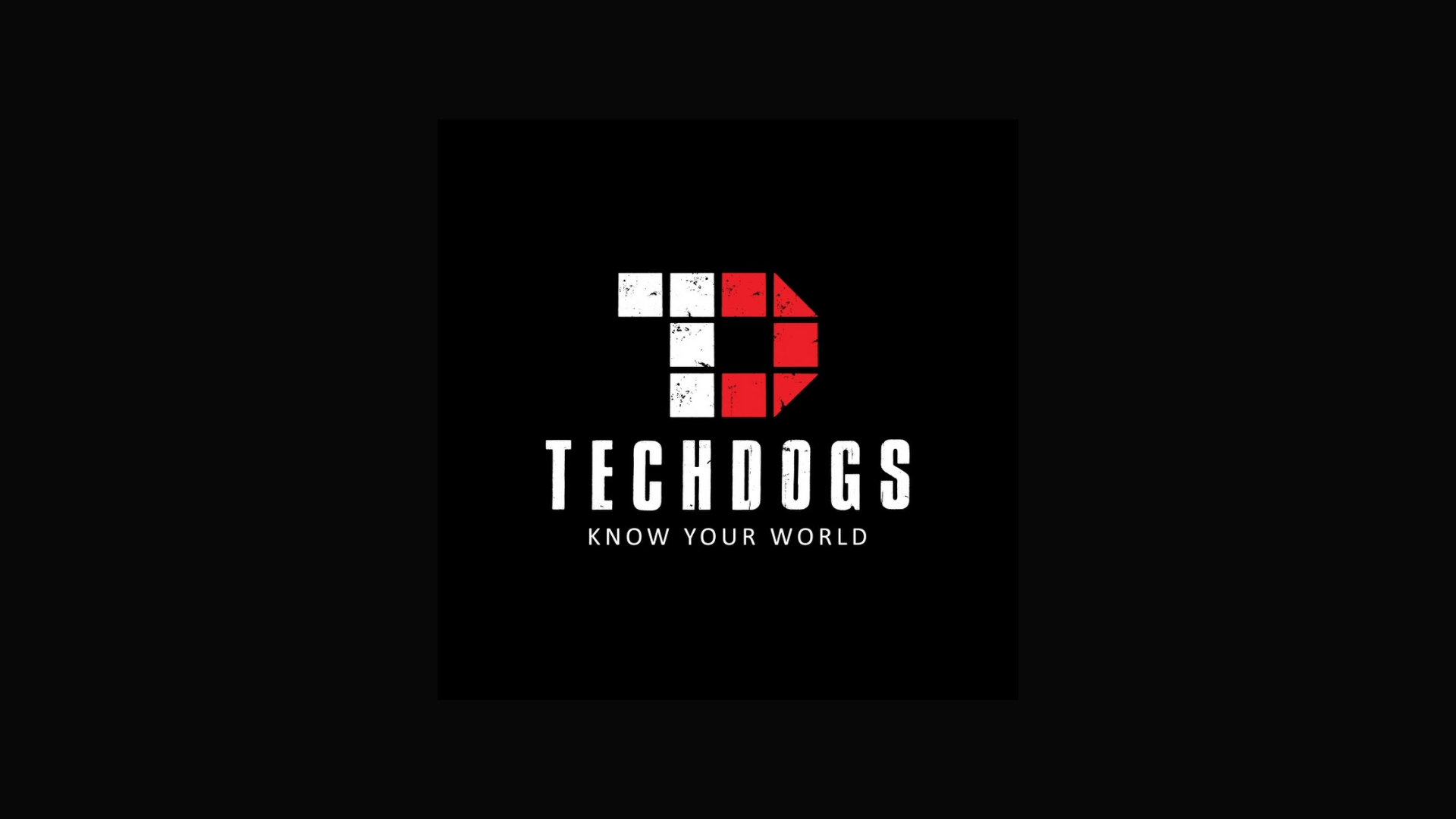CEO Sebastian Siemiatkowski revealed that AI has already replaced the workload of 700 employees, drastically reducing resolution times and maintaining high customer satisfaction levels. With a workforce already trimmed from 5,000 to 3,800, Klarna expects further reductions, aiming for a headcount closer to 2,000 without setting a strict deadline.
AI’s role in the headcount reduction
Siemiatkowski’s vision for AI at Klarna revolves around automation. AI-powered tools have already reduced customer query resolution time from 11 minutes to just two minutes. As AI continues to take over tasks traditionally performed by humans, Klarna’s workforce may shrink even further through natural attrition, with a hiring freeze in place for non-engineering roles. The message is clear: AI will reshape how the company operates, reducing the need for human intervention.
Traditional behemoths in the financial industry have also implemented AI, such as JPMorgan’s AI tool called “COiN“. It automates the review of commercial loan agreements, reducing what used to take 360,000 hours of work annually for human lawyers to just seconds.
What does this mean for the wider fintech industry?
Klarna’s strategy reflects a growing trend across fintech: the use of AI to streamline operations, enhance customer experiences, and reduce costs. As fintech companies increasingly adopt AI, the industry may witness a shift in workforce structures, prioritising engineers and AI specialists while reducing roles in customer service, administration, and other areas prone to automation.
This move signals to the wider fintech ecosystem that AI is no longer an experimental tool but a critical component of business strategy. Companies that fail to adopt similar technologies risk being left behind as AI’s capabilities rapidly evolve.
For the fintech workforce, the shift also means a growing demand for AI-related skills. As automation and AI systems become more integrated into financial services, traditional roles, especially those centred around manual processes or repetitive tasks, may gradually decline or become more limited.
However, this transition is not solely about job displacement—AI also presents a significant opportunity to empower employees. By embracing AI, fintech professionals can upskill, expanding their expertise into areas like AI management, data analytics, and algorithmic oversight. This enables them to transition into more strategic, high-impact roles where human judgment, creativity, and strategic thinking are critical. In this way, AI can be seen not just as a disruptor, but as a tool for career growth and innovation within the fintech industry.
Final thoughts
Klarna’s decision to reduce its workforce by half using AI highlights the technology’s transformative potential in the fintech sector. However, this example is just one part of a broader trend. Across fintech, AI is increasingly being used to enhance human productivity rather than replace workers entirely. In areas like regtech and compliance, for instance, AI helps automate routine tasks, but human expertise remains invaluable, particularly in navigating complex regulations and making judgment calls. Today, AI is primarily augmenting the workforce—enhancing efficiency in customer service, fraud detection, and loan processing—while still relying on human oversight in sensitive areas.
However, in the same breath, this shift continues to raise profound ethical dilemmas. Do companies have a duty to protect their workforce as AI begins to replace human jobs? Should efficiency gains be weighed against the societal impact of lost employment? How can businesses ensure that their employees aren’t left behind in the race to automate? And perhaps most critically, can AI ever fully replicate the spirit of innovation that fintech was founded on? These are pressing questions with few clear answers, forcing the industry to confront not just its technological future, but its human responsibility.















